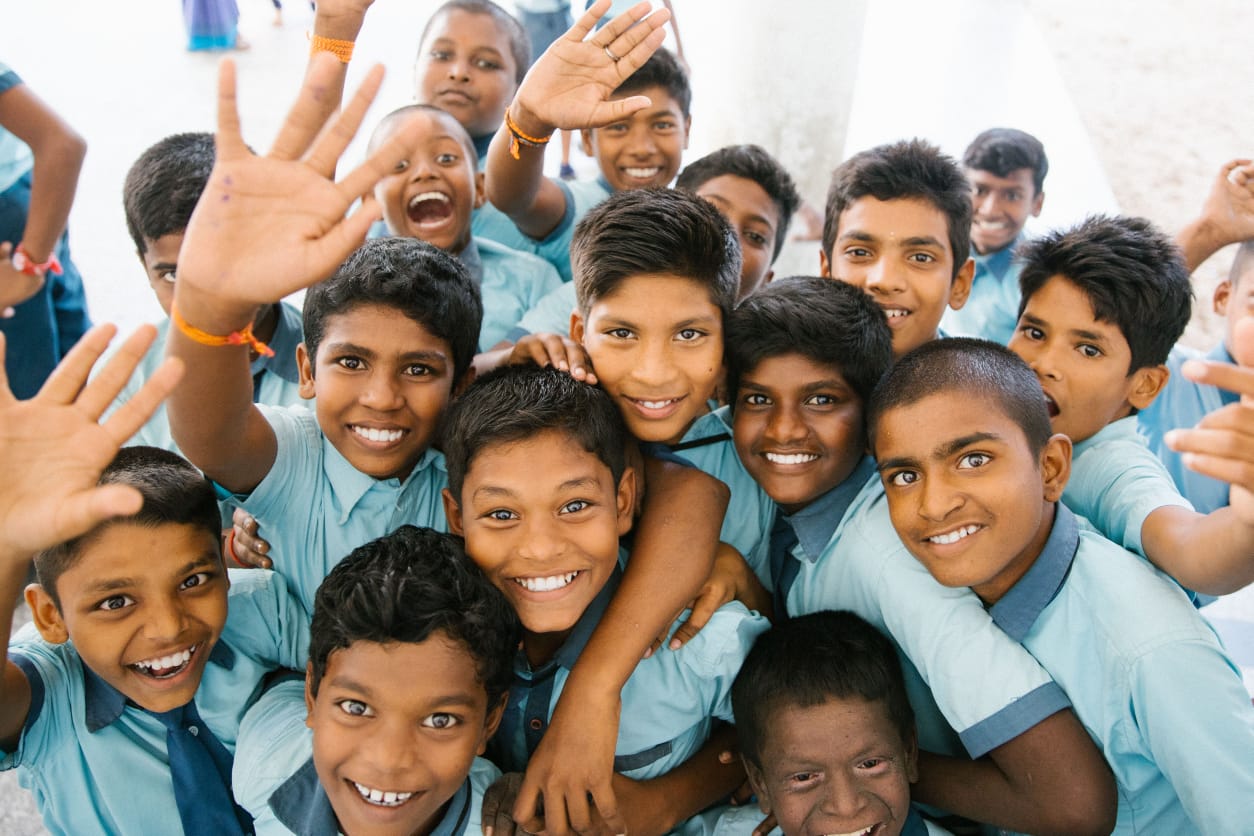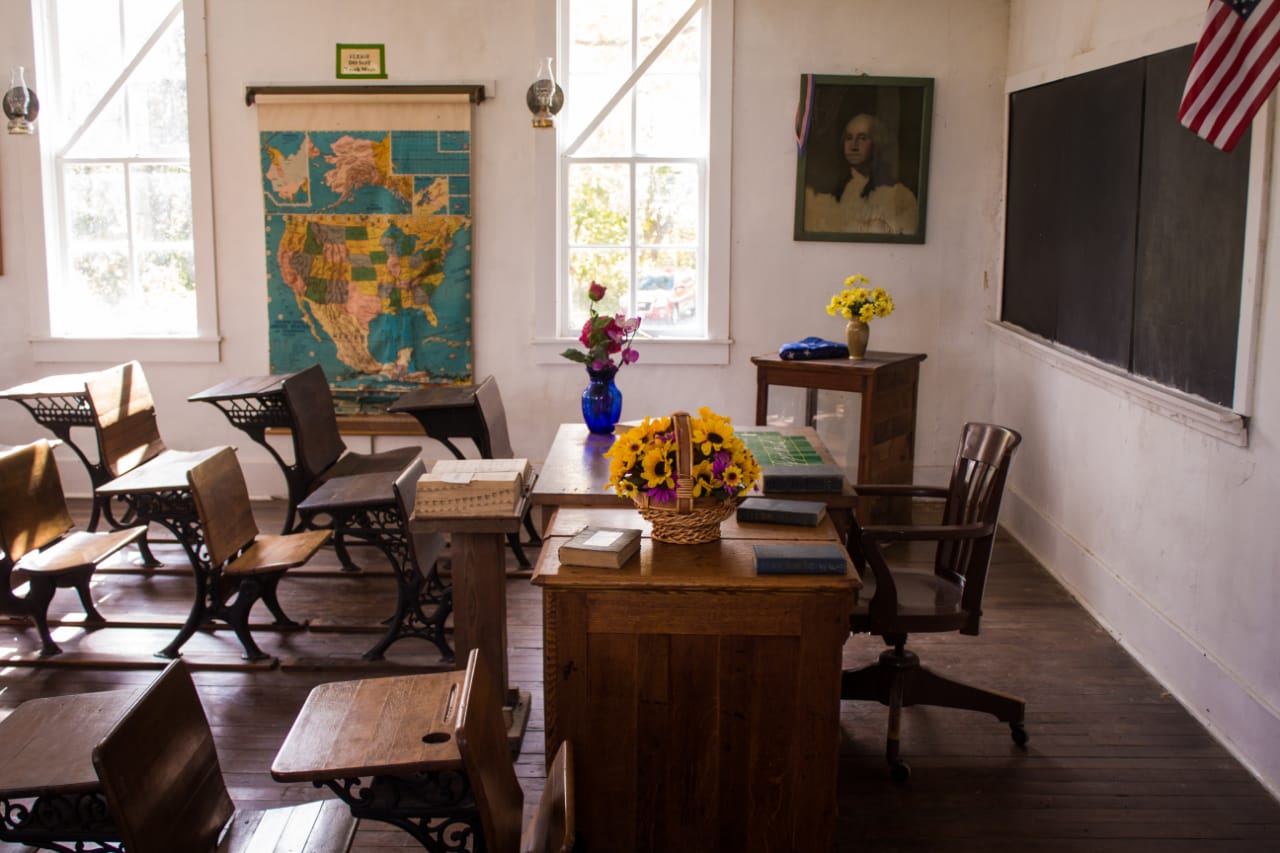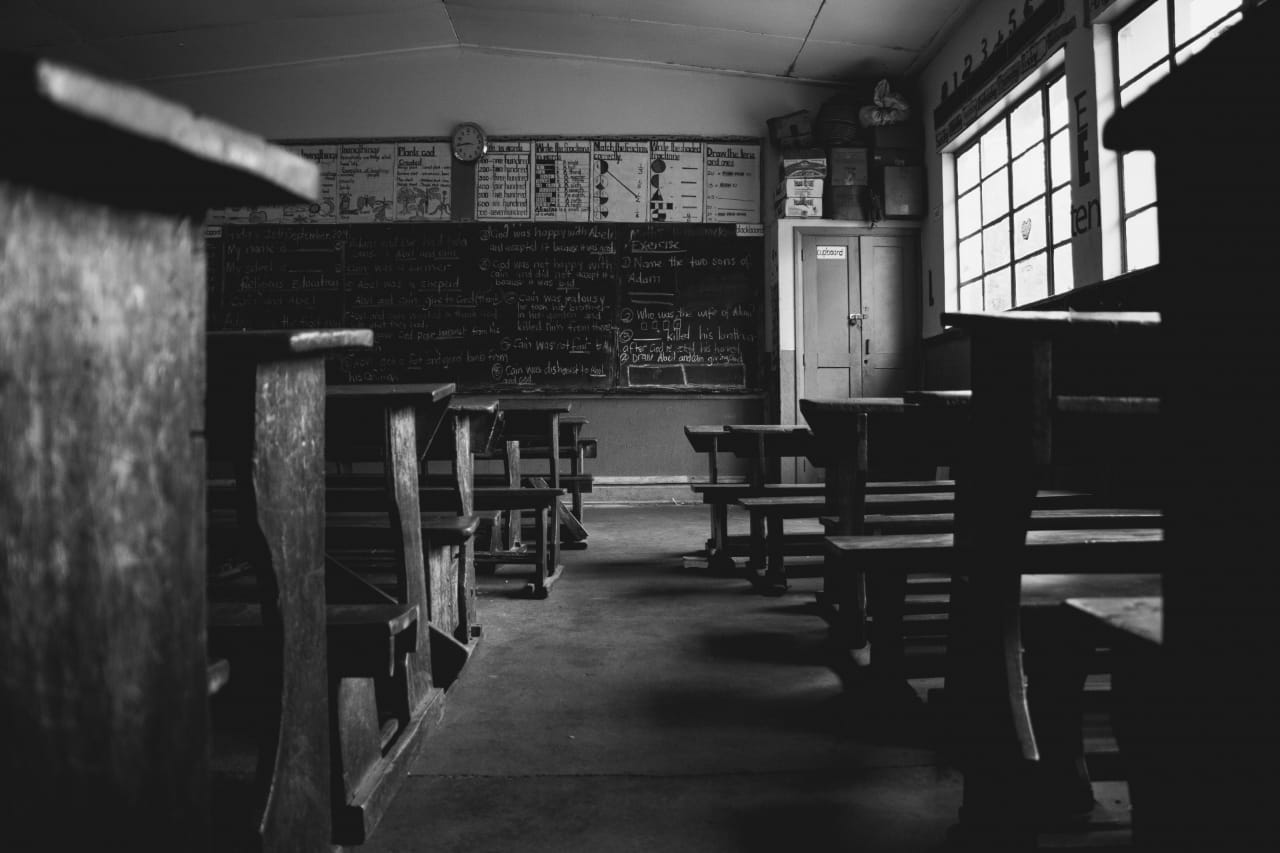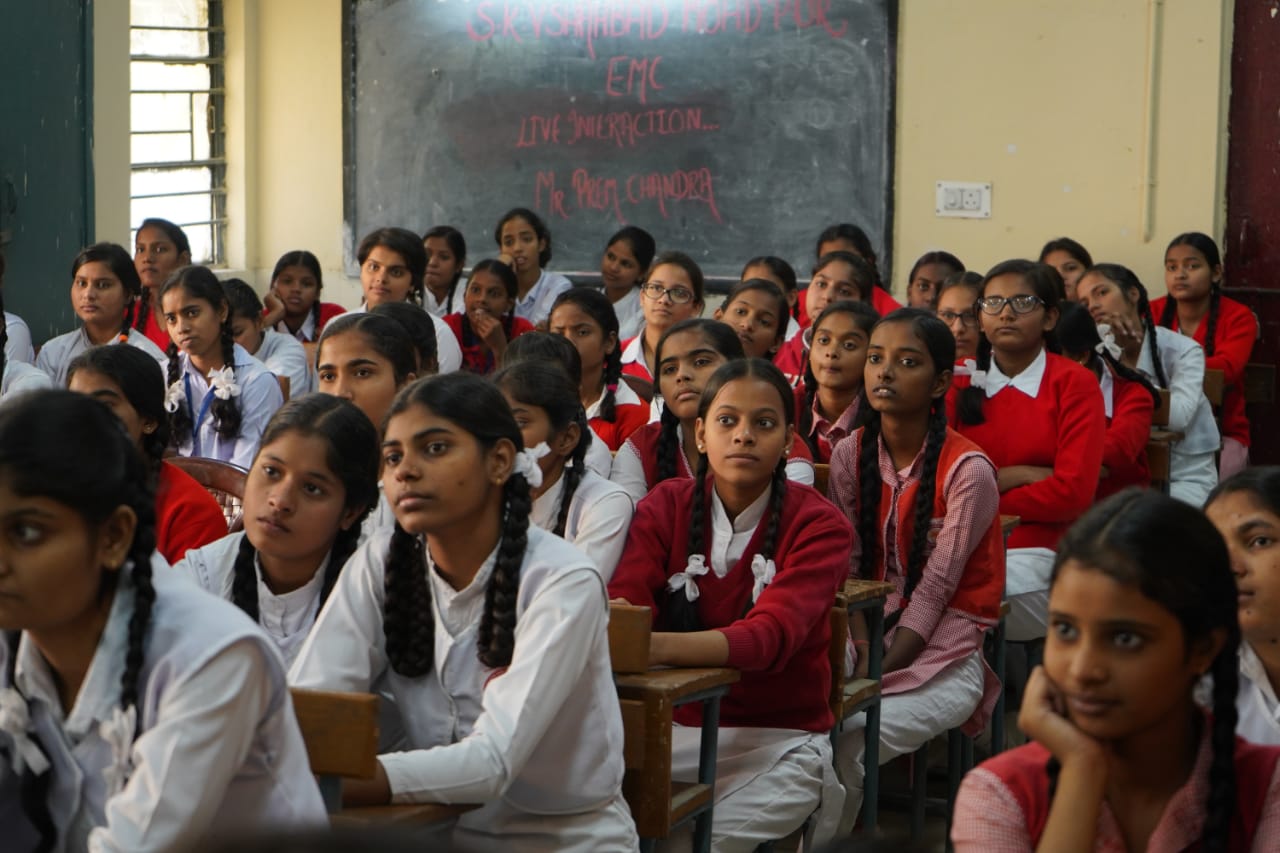About Us
O ne of the famous educational systems practised in ancient India during the Vedic times was the Gurukul System. It was a residential schooling system which dates back to around 5000 BC where students were taught various subjects and were taught to live a cultured and disciplined life. Lord Rama, his children Luv-Kush, the Pandavas, Prahladh and even Lord Krishna studied in a 'Gurukul'. People from other nations came to India to get a quality education and were taught to live a cultured and disciplined life. Lord Rama, his children Luv-Kush, the Pandavas, Prahladh and even Lord Krishna studied in a 'Gurukul'. People from other nations came to India to get a quality education.





Gurukul was the home of a teacher or Acharya and was the centre of learning where pupils resided till their education was complete. The Guru (teacher) and the shisya (student) resided in the same house or lived close to each other. The main focus of a Gurukul was on imparting learning to the students in a natural surrounding. The system functioned on the well-rounded holistic development of a child, enshrining values such as discipline, self-reliance, right attitude, empathy, creativity, and strong moral beliefs. Learning was customized to each student's needs rather than as a common curriculum. The teachers played a major role to structure the learning on the basis of their assessments about the students. The students in the Gurukul were oblivious of outer distractions, living in close proximity of a teacher, where greater emphasis was laid on students' mental, cognitive, spiritual and physical wellness. The relationship between guru and shishya was so sacred that no fee was taken from the students. However, the student had to offer a 'guru dakshina' after completing his education, which was a token of respect paid to the teacher. It could be in the form of money or a special task that the student had to perform for the teacher. The main objectives of the gurukul system are: Self control Character development Social awareness Personality development Intellectual development Spiritual development Preservation of knowledge and culture. Gurukul system was based on experiential learning with subjects such as astronomy, medicine, mathematics, philosophy, political science, economics, religion, yoga, physical education, and defense studies as its major components. Not just this, but the focus was also given on arts, sports, crafts, singing that developed their intelligence and personality. Activities such as yoga, meditation, mantra chanting and other activities generated positivity and peace of mind. Practical skills were imparted which increased their confidence, sense of discipline and knowledge necessary to face the world. Unfortunately, the concept of Gurukul disappeared after Macaulay introduced the modern system of education in India in 1835. The present day education mainly focuses on a rank based system which is driven by animosity towards their peers. More fuel is added by the over-ambitious parents who judge the knowledge of students only by academic performance and this leads to increased stress levels in students resulting in depression. The pointless pressure has taken the reallocation of educational parlance from a holistic approach towards education to farcical rote learning, not sufficient enough to demonstrate the true value of human existence. Unfortunately, the standard of education has drastically deterioriated in the last few decades due to lack of infrastructure and degradation of moral capacities. There is a total absence of personality development, creation of moral conscience and ethical training in the present system of education. Gurukul would build a value-based and value-added education system which identifies and promotes the uniqueness of each student, allowing the individual student to excel in his area of interest. We should progress with this vision to educate young minds and foster ethical, social, moral and spiritual values through holistic learning |

|









